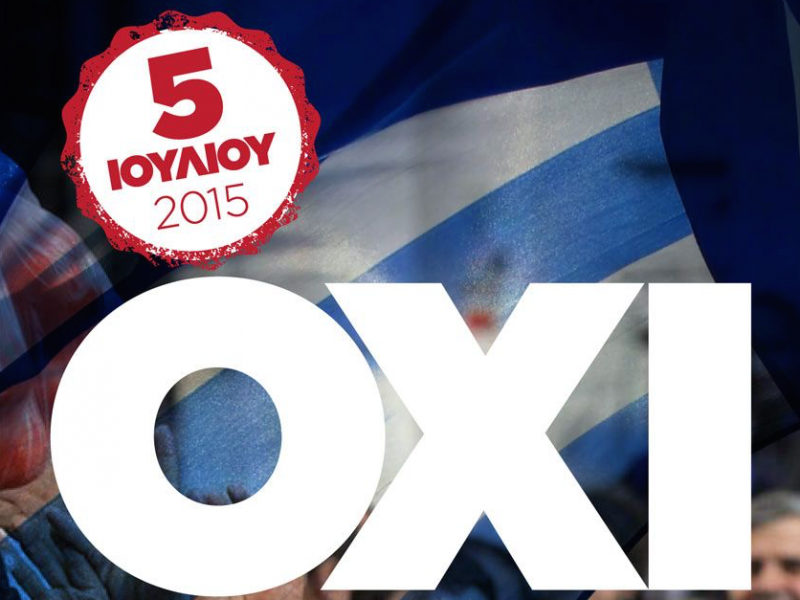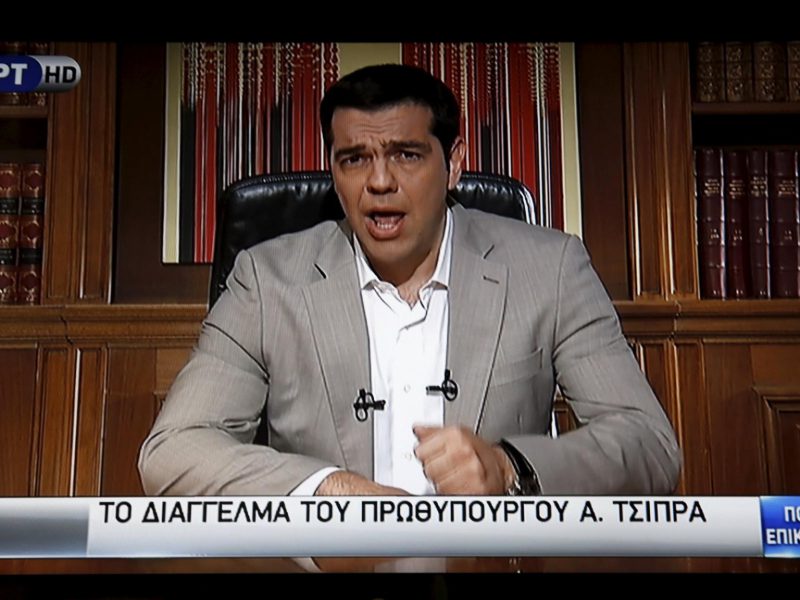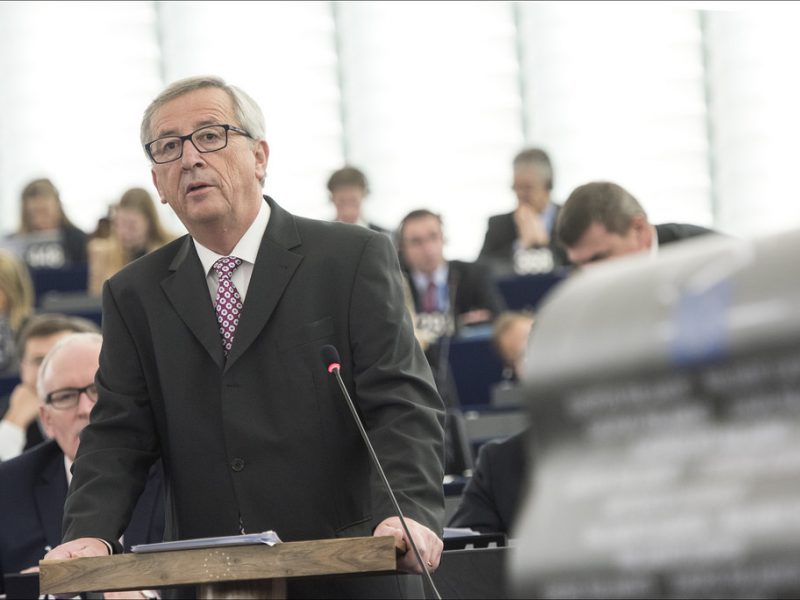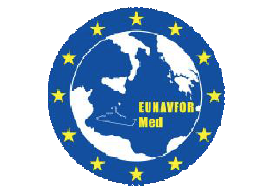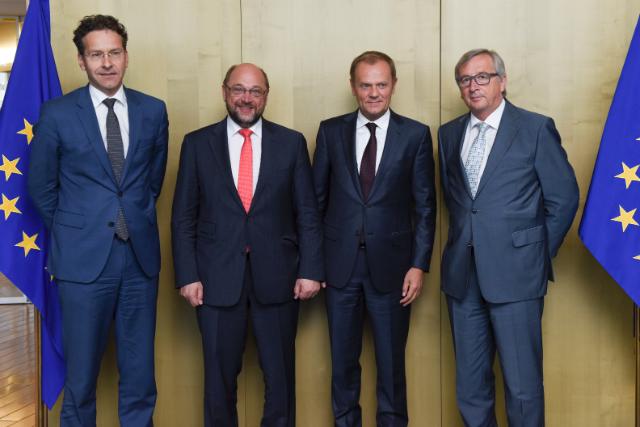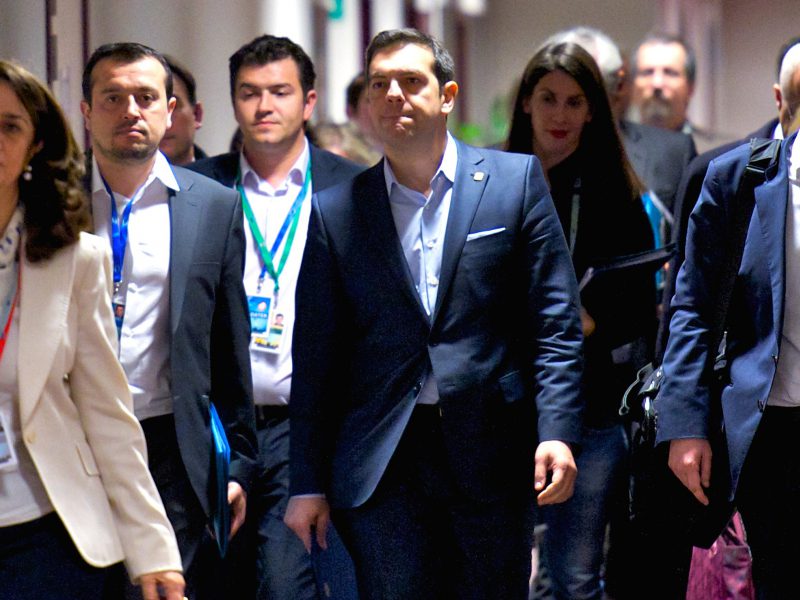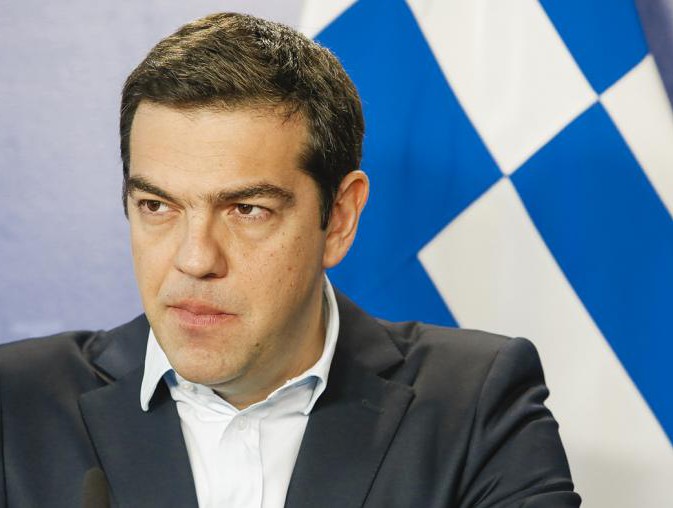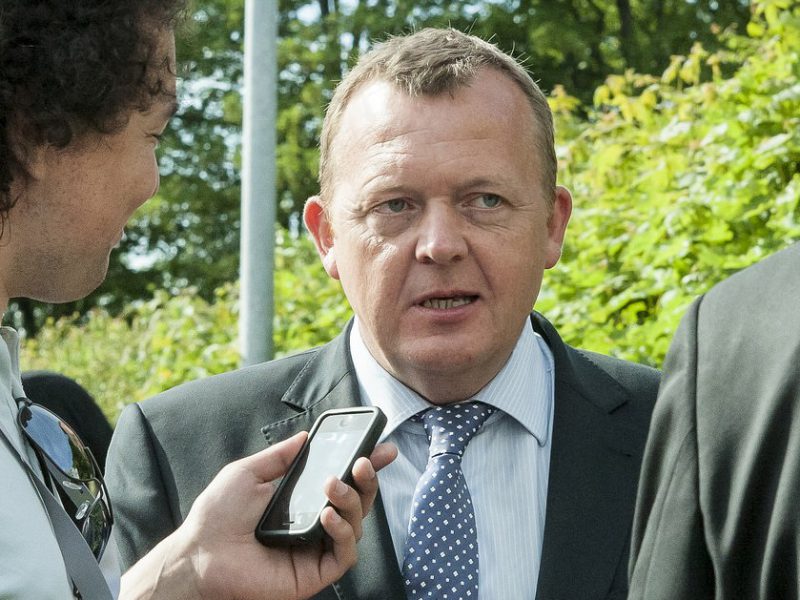Hungary approves border fence and anti-immigration law
The Hungarian Parliament has intensified the country’s anti-immigration drive by passing new legislation tightening asylum rules and giving the go-ahead for the construction of a fence on the Serbian border. This counts as the latest in a series of moves taken by Fidesz – the governing party – to curb immigration and limit the number of refugees.


